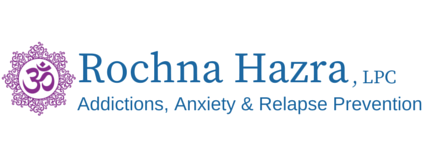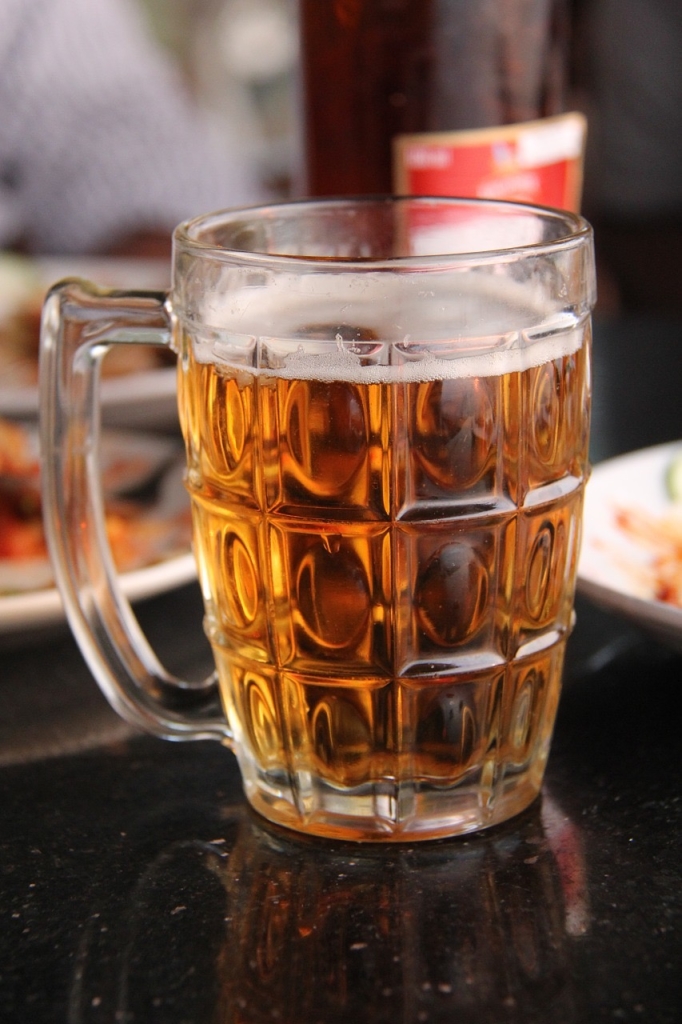Physical Signs of a Drinking Problem
Marge was looking forward to seeing her adult son after almost two years. Greg has been living in Europe on assignment with his wife and two little boys. Marge was delighted when he called to say that the family would be coming home for thanksgiving break.
However, since Greg arrived a day before Thanksgiving, Marge has been somewhat disturbed by some of the things that she noticed in Greg. Greg’s face looks flushed, his eyes are always bloodshot and he has gained a significant amount of weight. On the morning of Thanksgiving Day, Greg came downstairs at about 10 am. Marge had prepared a light breakfast for the family but Greg stated that he wanted to to get a drink. Marge was surprised and remarked that it was only 10 am and he had not even had breakfast. Greg dismissed her concern, joking that it was actually 4 pm in Europe. Marge noticed that Greg’s hands were trembling slightly as he poured himself a drink.
Marge didn’t know what to think. She wonders if Greg is drinking excessively or she is “making a mountain of a molehill” as Greg says she is.
Seven percent of Americans have an addiction involving alcohol, either to alcohol alone or to alcohol and one or more other substances. In addition, an estimated 18 million Americans have an alcohol use disorder and 40 million are high-risk drinkers. With these numbers, it is obvious that many family members notice disturbing signs of a drinking problem but often don’t know if they are worrying unnecessarily or something is really not right.
One way of figuring out if you or a family member has a drinking problem, is to look at some of the physical signs of alcoholism.
List of Physical Signs:
- Broken capillaries on the nose and face or a flushed appearance
- Skin on face has a waxy look and face may look somewhat swollen
- Eyes that are bloodshot and pupils that are smaller or larger than normal.
- Yellowing of the eyes and skin, indicating a possible problem with liver functioning
- Breath that smells of alcohol even when the person has not had a drink for several hours
- Neglect of personal hygiene such as showering and dental care
- Significant weight loss or weight gain
- Brittle hair and fingernails
- Rapid increase in wrinkles and age spots and other signs of aging skin
- Shakes, tremors (trembling hands) when patient has not had a drink for a few hours (usually in the morning)
- Slurred speech or unsteady gait
- Some of these signs are pretty obvious while others are more subtle. Whether you are noticing these signs in yourself or in a family member, it is important to not jump to conclusions nor is it useful to dismiss the signs offhand. If you suspect a drinking problem in yourself, here are some of the things you can do to get a more definitive answer. Get an accurate estimate of how much you actually drink. It is important to not rely on memory alone. Keep a note on your daily drinking habits.
Are you drinking too much?
According to the Center for Disease Control:
Excessive drinking includes heavy drinking, binge drinking and any drinking by pregnant women and underage youth.
Excessive drinking is defined as:
• For women, 4 or more drinks during a single occasion or more than 1 drink per day.
• For men, 5 or more drinks during a single occasion or 2 or more drinks per day.
(www.cdc.gov/nchs/fastats/alcohol.htm)
What to Do now?
If you are noticing the physical signs of excessive drinking in a family member, remember to approach them gently. Concern is not a substitute for respect. Ask them to see a professional who specializes in these issues and get a full assessment to rule out any problems. Addiction is a progressive disease and left untreated it gets worse rapidly. Yet too often, it is ignored, minimized and denied. However, it is important to remember that while these physical signs may indicate a possible drinking problem but there could be other explanations for these signs. Alcoholism is a complex disease. Also, families that have a member with a drinking problem need help and support as well.
About Rochna: Rochna Hazra is trained in Marriage and Family Therapy at Virginia Tech. She includes the emotional, psychological, spiritual and family aspects of a person in her work. Originally from India, she combines the Eastern traditions of mindfulness, non-judgment and a holistic approach to healing with the Western approach of realism and solution-focused action.
Rochna has extensive knowledge, training and experience in working with Alcoholism.
Rochna is also a Certified Advanced Relapse Prevention Specialist and trained in Sex Addiction and Mindfulness-based Therapy and Relapse Prevention.
Click here to learn more about Alcoholism treatment and my practice in Leesburg, Virginia


